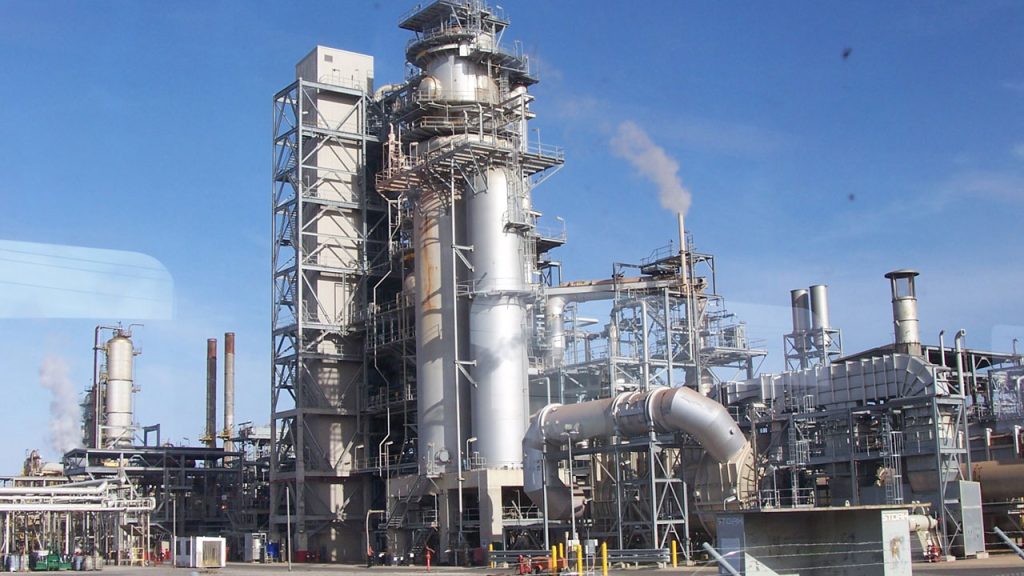The Federal Executive Council (FEC) has instructed the Nigerian National Petroleum Company Limited (NNPCL) to work with Dangote Refinery and other local refineries to resolve issues regarding crude oil sales.
The FEC, led by President Bola Tinubu on Monday, also directed that these crude oil sales and the sale of refined products in Nigeria should be transacted in naira.
Zacch Adedeji, Chairman of the Federal Inland Revenue Service (FIRS), announced this in Abuja.
He mentioned that the Dangote Refinery, nearing steady-state operations, needs about 15 crude oil cargoes monthly, costing $13.5 billion annually. NNPCL has agreed to supply four cargoes per month, with the rest sourced from international traders.
Currently, these transactions are in dollars, putting a strain on Nigeria’s foreign currency reserves.
Adedeji suggested that local refineries buy crude oil from NNPCL in naira at a fixed exchange rate for six months. Similarly, sales of refined products to local marketers should also be in naira at the same rate.
A settlement bank would provide guarantees for these transactions, eliminating the need for international letters of credit and saving significant amounts in USD.
This approach could reduce Nigeria’s foreign exchange expenditure from $660 million to $50 million per month, saving $7.32 billion annually. It would also stabilise petroleum product prices by fixing the exchange rate, reducing the impact of exchange rate fluctuations on pump prices.
“This reduction will significantly alleviate the pressure on foreign exchange reserves, leading to an annual savings of $7.32 billion representing 94 per cent, reduced trade finance costs with annual savings of $79 million in local currency costs through Afreximbank’s payment undertakings for bilateral trades and stabilised petroleum product prices as the forward-selling of crude oil and refined products at a fixed exchange rate unaffected by exchange rate fluctuations will stabilise pump prices,” Adedeji said.
Lower petroleum prices could appreciate the naira, lower transportation costs, reduce food price inflation, and positively affect interest rates and the dollar/naira exchange rate.
Adedeji noted that this strategy would reduce government control, promote market independence, and enhance competitiveness and stability. It could be applied to other refineries, ensuring energy security and stabilising prices.
Recently, the Dangote Group has had conflicts with international oil companies and Nigerian petroleum regulators over crude oil supplies and product quality issues, including accusations of attempting to monopolise the market.

